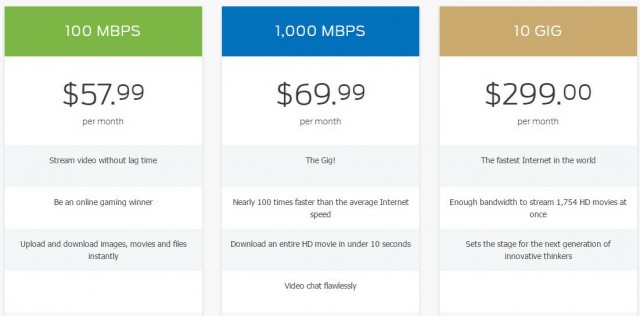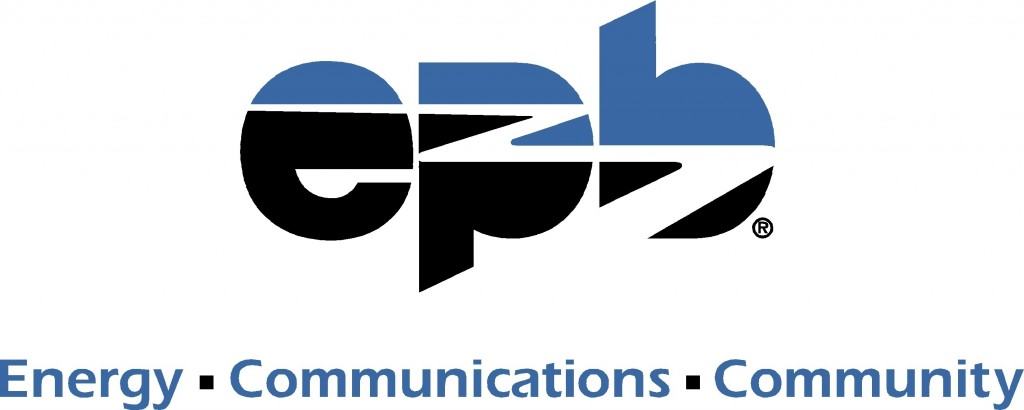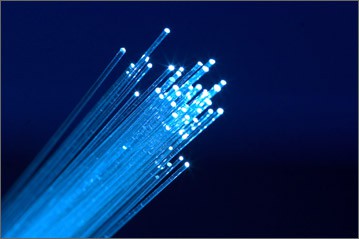
Thanks, Gov. Cuomo
In Gov. Andrew Cuomo’s zeal to take credit for broadband enhancements across New York State, he also took partial-credit for convincing Charter Communications to speed its plan to deliver internet speeds of 100Mbps across upstate New York by early 2017, calling it “sweeping progress toward achieving its nation-leading goal of broadband for all.”
Unfortunately for New Yorkers, the governor forgot to mention his plan, coupled with the state government’s approval of Charter’s merger with Time Warner Cable, will actually result in slower and more expensive broadband for all of upstate New York.
“Access to high-speed internet is critical to keeping pace with the rising demands of the modern economy,” said Gov. Andrew Cuomo. “The New NY Broadband Program is advancing our vision for inclusive, interconnected communities that empower individuals, support small businesses, and advance innovation. These actions are a major step forward in creating the most robust broadband infrastructure network in the nation, and ensuring that reliable, high-speed internet is available to all New Yorkers.”
While the governor’s goals for rural broadband expansion in New York are laudable and have actually produced significant results, his belief in Charter’s broadband enhancement plan is misplaced and will actually leave cities in upstate New York at a serious broadband speed disadvantage that could remain an indefinite problem.
It is difficult to admit that New York was better off leaving Time Warner Cable as the dominant cable operator in New York State. As we warned last fall in our testimony to the N.Y. Public Service Commission, Charter’s merger proposal included promises of broadband enhancements considerably less robust than what Time Warner Cable had already undertaken on its own initiative. Time Warner Cable Maxx would have brought upstate New York free speed upgrades ranging from 50/5Mbps for Standard internet customers (up from 15/1Mbps) to 300/20Mbps (up from 50/5Mbps) for customers subscribed to Time Warner’s Ultimate tier.
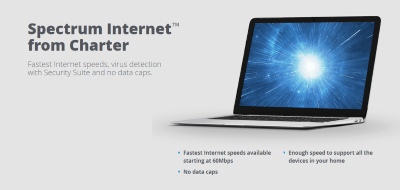
Charter only advertises its 60Mbps tier. You have to dig through their website to discover they also sell 100Mbps, for $100 a month and usually a $200 installation fee.
Charter this week made it clear those Maxx upgrades are dead, except in areas where they have already been introduced. Instead, upstate New York (and likely other Maxx-less areas around the country) will get two internet speed tiers instead: 60 and 100Mbps.
Getting 100Mbps is better than 50Mbps, at least until you check the price. Customers should be sitting down for this. Charter’s 100Mbps tier costs $100 a month after a one-year promotional rate and often includes a one-time $200 installation fee. In contrast, Time Warner Cable charges about $65 a month for 300/20Mbps internet-only service, which incrementally rises after one year if you don’t threaten to cancel service. There is usually no installation or upgrade fee.
This is the “benefit” Gov. Cuomo is touting?
In fact, with Charter Communications to be the overwhelmingly dominant cable operator throughout upstate New York, this leaves cities like Buffalo, Rochester, Syracuse, Albany, and Binghamton in a relative broadband swamp. While cities of similar sizes in other states are qualifying for Google Fiber, AT&T’s gigabit fiber upgrade, or fiber to the home service from community-owned broadband providers, Charter’s competition includes a barely trying Frontier Communications which still offers little more than slow speed DSL, Verizon Communications which stopped expanding FiOS in New York (except Fire Island) in 2010, and a handful of small independent phone companies and fiber overbuilders serving very limited service areas.
Charter is still required to offer 300Mbps service… by 2019 in New York as part of a commitment to regulators we fought for and won. That represents a speed equal to Time Warner Cable Maxx, but Charter has three years to offer what many New Yorkers either already had or were slated to get by next year from Time Warner Cable for much less money.
It takes chutzpah to proclaim broadband victory from this kind of avoidable defeat. Gov. Cuomo’s plan for better broadband allows Charter to cheat millions of New Yorkers out of Time Warner’s much better upgrade that was scheduled to be finished this summer in Central New York and ready to commence in Rochester this fall and Buffalo early next year. The governor should be on the phone with Charter management today insisting that all of New York get the 300Mbps internet service Time Warner Cable was planning for this state. Anything less leaves New York worse off, not better.
Consider again this cold, hard reality: Time Warner Cable was the better option — that is how bad things are in New York.
Upstate cities considering their economic future must not rely on the state or federal government to solve their broadband problems. Considering what Charter and Gov. Cuomo are proposing, waiting for the cable company to make life better isn’t a solution either. The only alternative is for local community leaders to start taking control of their own broadband destiny and launch community-owned, gigabit-capable, fiber to the home service. Charter won’t do it, Frontier can’t, and Verizon is too busy making piles of money from its wireless network to worry if your city will ever have 21st century internet access it needs to compete in the digital economy.


 Subscribe
Subscribe The community of Pinetops, N.C. has
The community of Pinetops, N.C. has 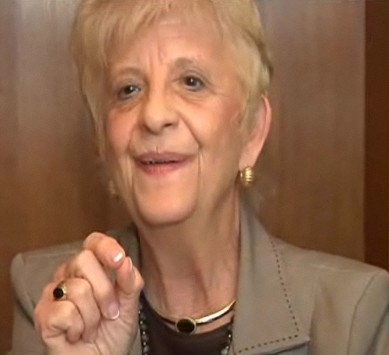

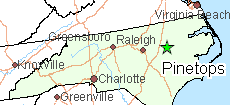 Pinetops offers proof of the obscenity of bought-and-paid-for-politicians supporting corporate protectionism that harms people, harms education, harms jobs, and leaves rural communities with no clear path to the digital economy of the 21st century. Legislation like H129, which continues to be enforced in more than a few U.S. states, needs to be pre-empted nationwide or even better repealed by state legislators.
Pinetops offers proof of the obscenity of bought-and-paid-for-politicians supporting corporate protectionism that harms people, harms education, harms jobs, and leaves rural communities with no clear path to the digital economy of the 21st century. Legislation like H129, which continues to be enforced in more than a few U.S. states, needs to be pre-empted nationwide or even better repealed by state legislators.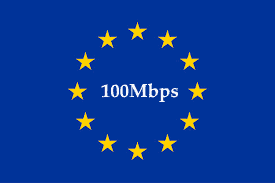 The European Union believes every home in the bloc should have ready access to at least 100Mbps broadband speeds within the next decade.
The European Union believes every home in the bloc should have ready access to at least 100Mbps broadband speeds within the next decade.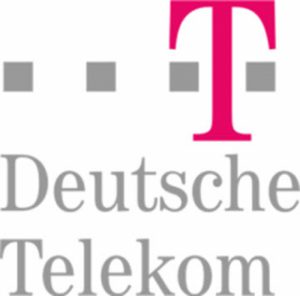 A potential issue for Brussels is dealing with one of Europe’s most powerful telecom companies – Germany’s Deutsche Telekom, which wants to use vectoring technology to improve copper-based DSL service in Germany instead of upgrading to optical fiber technology.
A potential issue for Brussels is dealing with one of Europe’s most powerful telecom companies – Germany’s Deutsche Telekom, which wants to use vectoring technology to improve copper-based DSL service in Germany instead of upgrading to optical fiber technology.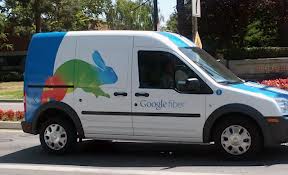 Google Fiber has quietly unveiled its own discount Internet plan for the income-challenged that vastly simplifies the hoops consumers have to successfully jump through to enroll.
Google Fiber has quietly unveiled its own discount Internet plan for the income-challenged that vastly simplifies the hoops consumers have to successfully jump through to enroll. The worst enemy of some advocacy groups writing guest editorial hit pieces against municipal broadband is: facts.
The worst enemy of some advocacy groups writing guest editorial hit pieces against municipal broadband is: facts.
